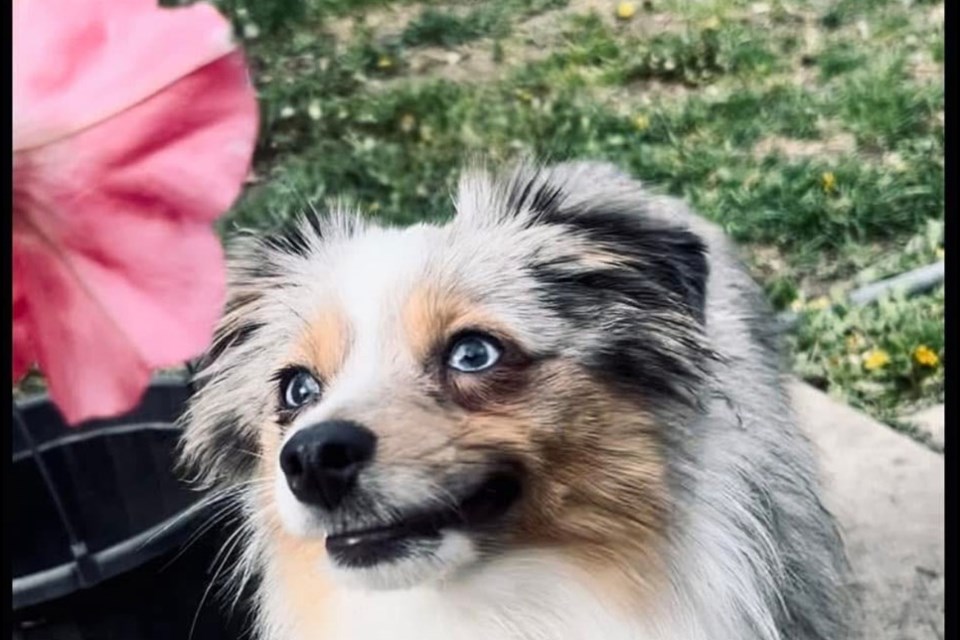Pet-Friendly Planting
Creating a garden that feeds both people and pets is an enjoyable way to cultivate enrichment, mindfulness and joy at home. When choosing plants, it is important to do research and choose varieties that are non-toxic to animals while producing delicious food and fruit for everyone. Planting with furry friends in mind takes into account accidental ingestion and a reminder that the garden can nourish animals too.
Edible Plants Safe for People and Pets
A well-planned garden can offer fresh, homegrown snacks that are safe for pets as they are tasty for people. Garden favourites like carrots and fresh peas offer a crunchy snack for both people and pets. Zucchini and green beans are easy to grow, packed with water, and offer a healthy dose of fibre and flavour for people and their companions. Pumpkin’s digestive benefits make it an easy addition to spaces shared by everyone.
Toxic Plants
While gardens are often peaceful, it is important to recognize that not all plants offer a safe space for animals. Many plants are toxic to pets, and some very common garden flowers can be harmful to ingest. Daffodils, tulips and lily of the valley add magic to your yard but can cause serious harm to our little friends. Castor bean, monkshood, and foxglove are highly toxic and, in some cases, may be fatal. Several common weeds in Saskatchewan can pose a health risk, especially to dogs. For example, foxtail barley seed can lodge and impact itself in mouth, ears, and paws. These are some species that should be avoided when planning an outdoor space with pets. It is crucial to prioritize safety while maintaining a visual balance.
Non-toxic Plants
Numerous ornamentals provide aesthetic appeal without endangering the health of your pet. Bee Balm, Coneflower and Daylilies are beneficial to pollination while remaining harmless to pets. A few more vibrant, safe favourites consist of Snapdragons, Hollyhocks, Astilbe, and Columbine, making a variety of visually appealing non-toxic plants suitable for all members of the family. With a diversity of non-toxic plants available, plant lovers can cultivate a space that is both aesthetically pleasing and suitable for companions. Choosing these plants supports a safe outdoor environment where every member of the household can enjoy.
Garden Safety
Supporting a healthy garden means choosing pet-friendly practices that benefit the yard and all who share it. Organic fertilizers, comprised of compost, manure, fish emulsion, and worm castings, offer nutrient-rich support for plant growth without posing health risks to pets. For pest control, biologicals such as ladybugs, lacewings, and parasitoid wasps provide effective management, combined with nontoxic treatments like neem oil, diatomaceous earth, and insecticidal soaps. Ground coverings such as soft textured mulch, along with natural surfaces like grass and wood chips, bring comfort and reduce any potential harm. Providing shaded areas and access to clean water completes the space while supporting plant health and your pet’s wellbeing.
Design
Designing a pet-friendly garden begins with thorough planning and a smart layout. Raised beds and low hedges can effectively keep animals away from sensitive zones like small plants or delicate features such as solar lights, bird baths, and garden decor. Secure fencing and physical barriers are essential in protecting areas that are easily damaged or permanently off limits, such as ponds, vegetable gardens, or flower beds. Incorporating a dog run may help minimize pee spots by offering a contained space for consistent use, keeping the rest of the yard healthier and more lush. Establishing clear play zones for digging, resting, and roughhousing allows pets to engage naturally without disrupting the landscape.
This column is provided courtesy of the Saskatchewan Perennial Society.
(SPS; [email protected]). Check our website (www.saskperennial.ca) or Facebook page (www.facebook.com/saskperennial) for a list of upcoming gardening events.




